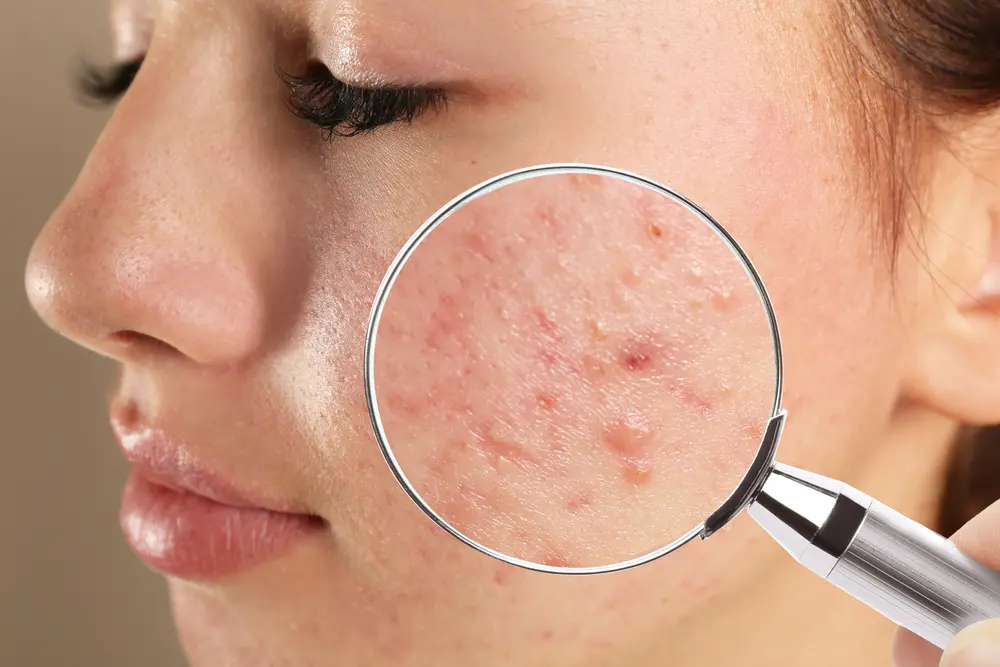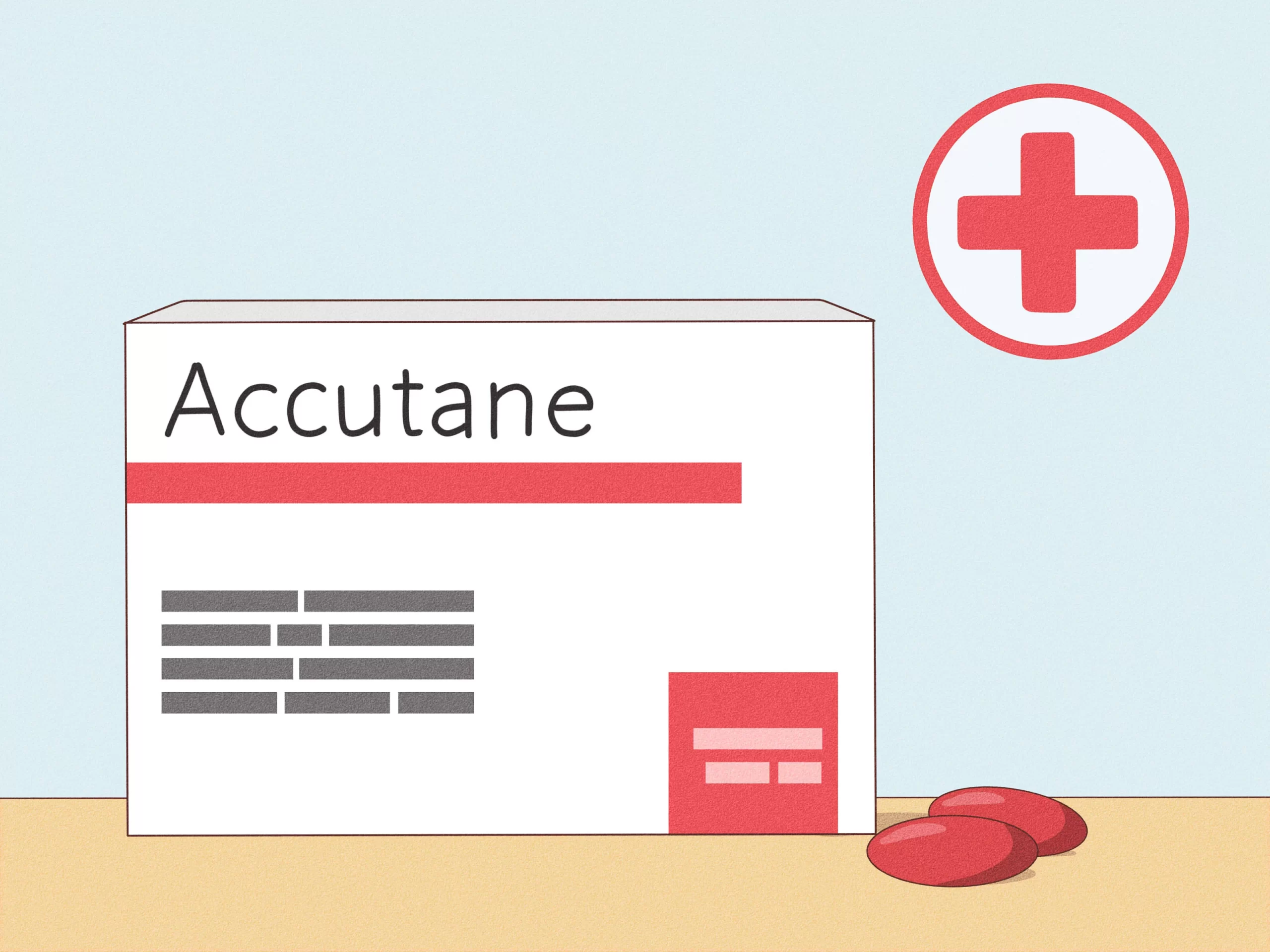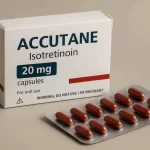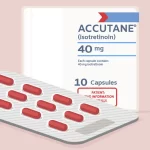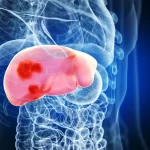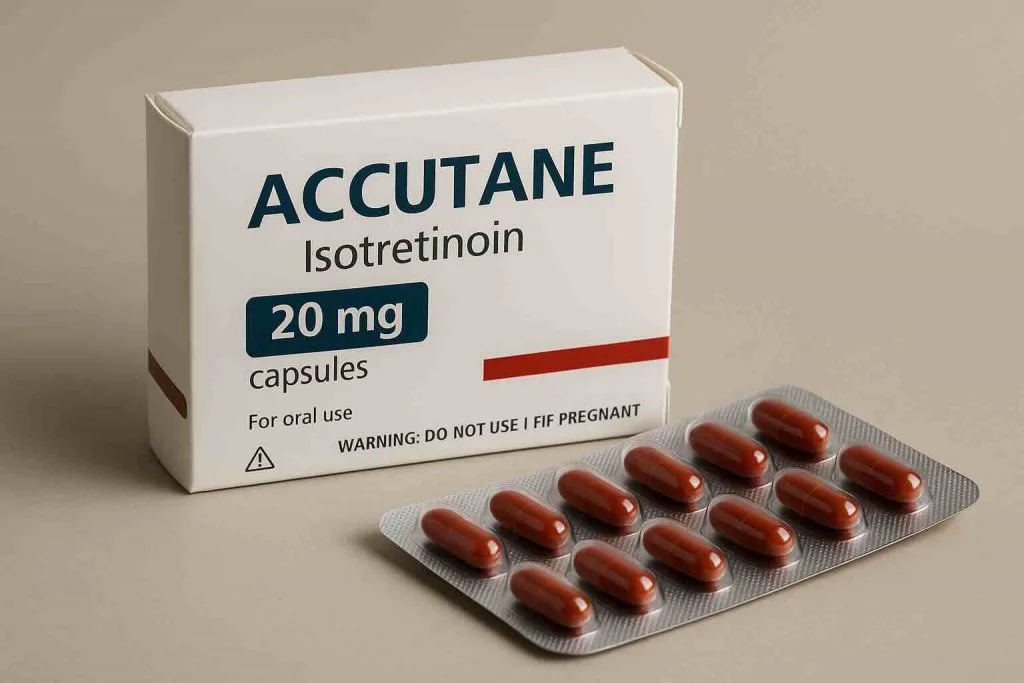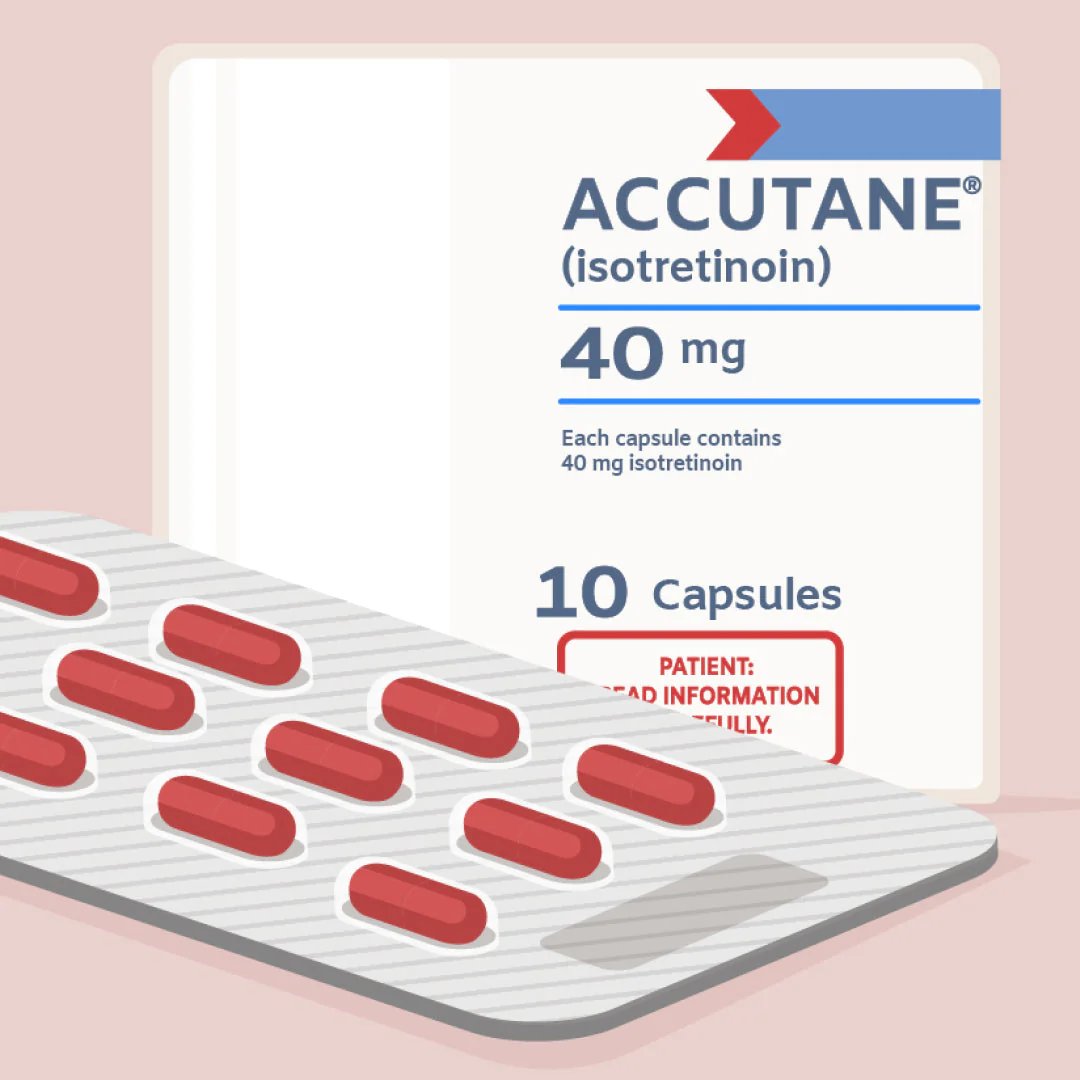Clear skin often needs more than store products. An acne treatment dermatologist gives expert care when breakouts do not improve. At DermOnDemand, Dr. Alicia Atkins and her team offer safe and fast treatments for acne. This guide explains how care works, what to expect, and why expert help is often better than self-care.
Key Takeaways
- A dermatologist specializing in acne treatment uses topical retinoids, salicylic acid, oral medications, and in-office options such as chemical peels or light therapy to effectively treat acne.
- Prescription care offers stronger results than over-the-counter products by targeting oil production, clogged pores, bacteria, and skin cell turnover.
- Side effects such as dryness, peeling, or stomach upset are common, but dermatologists monitor patients closely and adjust treatment for safety.
- Daily habits, such as gentle cleansing, moisturizing, and avoiding picking at pimples, support medical care and help prevent acne from worsening.
- Most patients notice improvement within 6–8 weeks; however, long-term success requires consistency, follow-up visits, and personalized guidance from a dermatologist.
How Dermatologists Treat Acne
Dermatologists study the type of acne, the skin, and what causes it. Common causes are clogged pores, oil production, and dead skin cells. After this check, they choose treatment options to improve acne and prevent acne from coming back.
Dermatologist acne creams & topicals
Dermatologists often start with creams or gels. These include topical retinoids or salicylic acid. They lower oil, clear hair follicles, and remove dead skin cells. Some creams also fight bacteria. These acne medications are stronger than store options and are safer for long-term use when guided by a doctor.
Topical retinoids speed up how skin cells renew, which keeps pores clear. Salicylic acid works by softening dead skin cells so they do not block hair follicles. Both also help balance oil production on the surface of the skin. This makes them effective for treating acne and preventing new breakouts.
Patients should consult their dermatologist to determine which cream is best suited for their skin type. Some formulas are better for oily skin, while others are gentler for sensitive skin. A dermatologist about acne can explain how to apply each product to avoid irritation. Following these steps makes the treatment safer and more effective.
Dermatologist acne pills & prescription medication for adults
If acne is more serious, oral medication may be needed. Doctors use antibiotics to reduce swelling, hormone pills to lower sebum production, or isotretinoin for severe cases. These drugs need close follow-up. For many adults, this type of dermatologist acne treatment works when nothing else does.
Antibiotics reduce bacteria in the skin and lower swelling inside the pores. Hormonal pills balance hormones that drive oil production. Isotretinoin reduces oil at its source and prevents clogged pores. These actions help control acne from the inside.
Prescription pills can cause side effects that need medical checks. Antibiotics may upset the stomach or make the skin sensitive to sunlight. Hormonal treatments can affect menstrual cycles. Isotretinoin may cause dry lips and skin, and it requires blood tests during use.
A dermatologist guides each step when using oral medication. They explain the risks, run safety tests, and adjust doses when needed. Patients should never stop or change their medicine without talking to their doctor. This support makes oral medication safer and more effective.
In-office dermatologist pimple treatments
A dermatologist’s pimple treatment can also be done in the office. Options include a chemical peel to clean the skin, light therapy to kill bacteria, or extraction to clear blocked pores. These can also lower the risk of acne scars over time.
Best Acne Treatments Recommended by Dermatologists
The best plan often mixes more than one treatment. The choice depends on skin type, acne level, and past results.
What is the best treatment for acne according to dermatologists?
The American Academy of Dermatology says that a mix of topical retinoids and oral medication works best. These improve acne and help prevent acne in the future.
Best acne treatment dermatologist: what sets care apart
A dermatologist’s knowledge of acne brings medical skills that store creams do not have. They can treat many skin conditions, change medicine doses, and track progress. This makes the results stronger and safer.
Acne treatment creams for oily or stubborn skin
People with oily skin often need stronger creams. Dermatologists may prescribe creams that reduce oil and keep pores clear. These work better than a simple acne treatment cream you buy at a store.
Why dermatologist-prescribed medication works when OTC fails
Over-the-counter products only treat the surface. Prescription treatment options control oil, unclog pores, and prevent bacterial growth. This is why dermatologist acne treatment works better for many patients.
Side effects and safety considerations
Strong acne medications can cause side effects. Retinoids may dry the skin. Oral medication may need blood tests. A dermatologist lowers these risks by adjusting the plan and checking progress.
Topical treatments like retinoids may cause redness, peeling, or dry skin in the first weeks. Salicylic acid creams can sometimes sting or irritate if used too often. In-office procedures, such as chemical peels, may cause mild burning or peeling. These effects are normal and often improve as the skin adjusts.
Can a Dermatologist Really Cure Acne?
A dermatologist can control acne, but a cure is not the right word. Most people need long-term care to prevent acne from returning.
What will 100% get rid of acne?
No single treatment clears acne for everyone. The best results come from a mix of topical or oral medications, changes in routine, and follow-up with a dermatologist.
How to cure acne naturally in 3 days: myth vs. reality
There is no natural cure that clears acne in 3 days. Some home care may help with mild cases, but moderate to severe acne requires medical attention. Quick fixes can worsen acne or delay safe care.
Choosing the Right Dermatologist for Acne Care
The right doctor makes a big difference in treating acne.
What type of dermatologist is best for acne?
A board-certified dermatologist is the best choice. Dr. Alicia Atkins is trained in acne and other skin conditions and can guide patients with complex needs.
Dermatologist-recommended approaches vs. over-the-counter creams
OTC creams can help with small breakouts. However, dermatologist-acne treatment goes deeper and provides stronger, lasting results.
When to see a dermatologist about acne
You should see a dermatologist about acne if breakouts do not get better, if scars start to form, or if acne gets worse. Early care helps avoid acne scars.
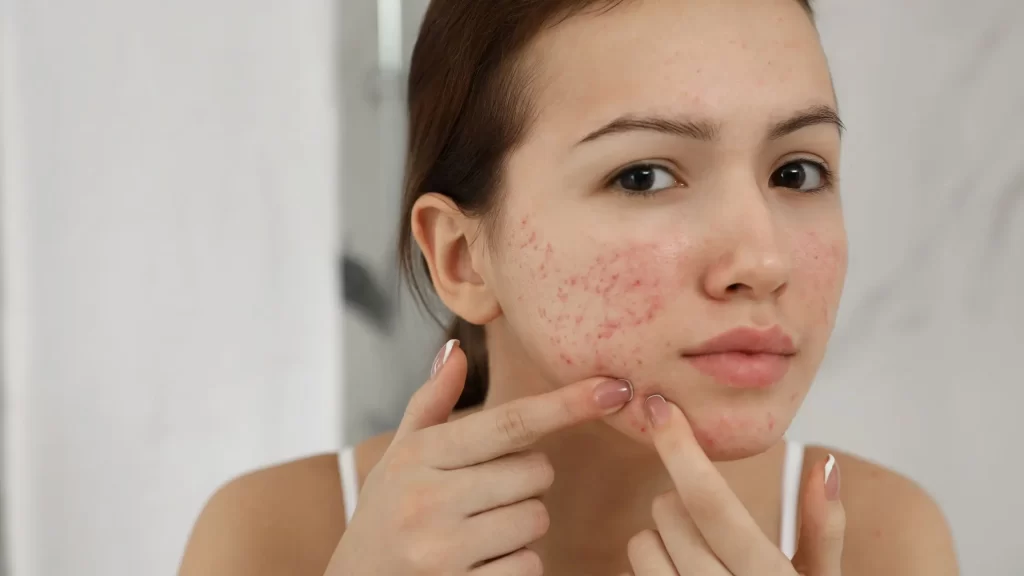
Daily Skin Care Tips for Acne
Dermatologist acne treatment works best when paired with good daily skin habits. Gentle cleansing twice a day removes oil and dirt without irritating the skin. Harsh scrubbing or using strong soaps can worsen acne and damage the skin barrier. Simple, steady care supports the treatment plan.
Key skin care steps include:
- Wash with a gentle, non-soap cleanser.
- Avoid picking or squeezing pimples.
- Choose non-comedogenic makeup and sunscreen.
- Moisturize daily to protect the skin barrier.
Your dermatologist can explain which cleansers or moisturizers fit your skin type. Following these tips helps reduce irritation from acne medications. It also prevents acne from getting worse during treatment.
Finding and Affording Care
Many people worry about cost or access.
Acne treatment dermatologist near me: what to know
A search for an acne treatment dermatologist near me brings local results. It is essential to check reviews and ensure the doctor is certified. Online care from DermOnDemand is also an option.
Dermatologist’s acne treatment cost and considerations
Cost depends on the treatment. Creams and oral medication cost less than in-office care. Light therapy or chemical peels cost more. Insurance may cover some care, so always check first.
What to Expect From Dermatologist Acne Treatment
Patients do better when they know what the process looks like.
Step-by-step process from consultation to prescription
- Fill out a health form and share your acne history.
- The dermatologist checks the acne level and looks at clogged pores and oil production.
- The doctor gives a plan – this may include topical retinoids, oral medication, or a chemical peel.
- Follow-up visits or online check-ins are used to track progress.
Timeline for results and follow-up care
Most people see better skin in 6 to 8 weeks. Bigger changes may take 3 to 6 months. Ongoing care helps prevent acne and acne scars from coming back.
Expert Sources and Clinical Guidance
This guide is based on advice from Dr. Alicia Atkins and the American Academy of Dermatology. Using expert sources makes the information clear, safe, and reliable.
FAQs About Dermatologist Acne Treatment
Dermatologists often suggest topical retinoids, salicylic acid, and oral medication. In some cases, light therapy or a chemical peel is added.
Most patients see results in 1 to 2 months. Long-term results take time, but steady care prevents acne from getting worse.
Start Your Online Dermatology Plan
Acne is a skin condition that responds best to expert care. DermOnDemand gives patients fast access to board-certified dermatologists like Dr. Alicia Atkins. Start today with an online plan and take the first step toward clear skin.


